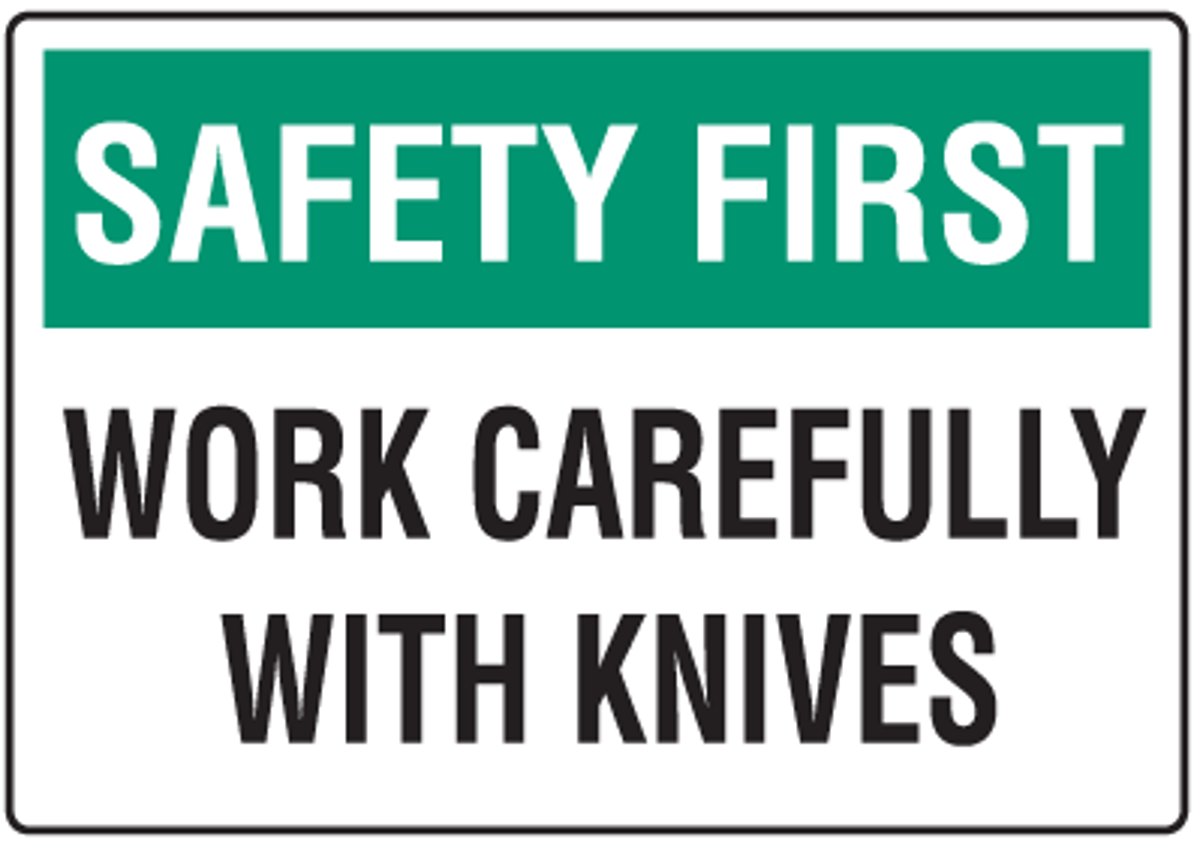Lost time injury (LTI) – Finger laceration due to use of knife
- Safety Flash
- Published on 21 September 2017
- Generated on 24 January 2026
- IMCA SF 23/17
- 1 minute read
Jump to:
A crew member was off work for two weeks after being injured while working with a knife
What happened?
A crew member was working with a knife when his knife suddenly slipped and sliced a layer of skin off his index finger and part of the nail off the next finger on his left hand.
Medical treatment was received on return to port, and two weeks off work were necessary to recover from the injury.

What went wrong? What were the causes?
- The crew member was cutting towards his free hand.
- He was wearing ANSI Level 4 cut-resistant gloves at the time.
- The cause was incorrect cutting technique.
What lessons were learnt? What actions were taken?
Always keep your free hand (and other body parts) away from the line of the cut. Gloves provide sufficient protection for regular cuts and grazes, however will not prevent a serious knife wound.
The UK HSE produces a handy leaflet on how to reduce hand knife injuries, which can be found on its website.
Related safety flashes
-
IMCA SF 06/10
27 September 2010
IMCA Safety Flashes summarise key safety matters and incidents, allowing lessons to be more easily learnt for the benefit of the entire offshore industry.
The effectiveness of the IMCA Safety Flash system depends on the industry sharing information and so avoiding repeat incidents. Incidents are classified according to IOGP's Life Saving Rules.
All information is anonymised or sanitised, as appropriate, and warnings for graphic content included where possible.
IMCA makes every effort to ensure both the accuracy and reliability of the information shared, but is not be liable for any guidance and/or recommendation and/or statement herein contained.
The information contained in this document does not fulfil or replace any individual's or Member's legal, regulatory or other duties or obligations in respect of their operations. Individuals and Members remain solely responsible for the safe, lawful and proper conduct of their operations.
Share your safety incidents with IMCA online. Sign-up to receive Safety Flashes straight to your email.